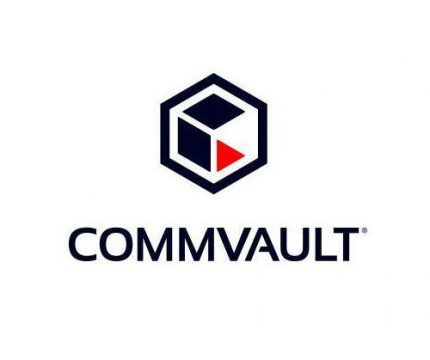What is an Enterprise Storage
Enterprise storage is a centralized repository for business information that provides common data management, protection and data sharing functions through connections to computer systems. Because enterprises deal with heavy workloads of business-critical information, enterprise storage systems are designed to be scalable for workloads of hundreds of terabytes or even petabytes without relying on excessive cabling or the creation of subsystems. Connectivity is through the use of Fiber Optics. Enterprises access these storages via SAN (FC/FCoE) or NAS (NFS,CIFS) protocols. NetApp is a proven leader in this area and has succeeded in all industries.
Why do I need an Enterprise Storage

Enterprise storage is well known for its ability to provide huge amounts of information storing space but that is not what is driving its sales. The main reason enterprises and organizations select it, is the high availability of data and the system’s overall reliability combined with ease of management even at complex deployment scenarios. It is destined for critical systems and data that would halt business operations if it were inaccessible or destroyed. There is no official standard to which a storage system can be compared in order to classify it as enterprise. Unofficially it takes a data administrator to explain the differences between types of storages. Below are some:
- Eliminate planned downtime with non-disruptive data movement.
- Maintain operations during system interruptions with zero data loss
- Cost-effectively protect against regional disasters
- Get instant, built-in backup and recovery
- Protect data against multiple disk failures
- Encrypt data at rest
- Meet strict data retention and compliance regulations.
- Synchronous replication
- Zero planned and unplanned application downtime
- Zero data loss
- Set-it-once simplicity
- Zero change management
- 50% lower cost and complexity
- Hypervisor and application integration
MetroCluster: Easy DR site implementation
Utilizing the continuous availability solution, MetroCluster extends non-disruptive operations beyond the data center.
- Zero data loss and automated failover between datacenters
- Seamless integration with storage efficiency,
unified solution: supports SAN and NAS - Industry’s only array-based continuous availability for NAS
- Set-it-once simplicity with zero change management
- Platform options of classic mechanical disks, all-flash arrays and software-defined storage
- Proven performance at scale
- Golden config files for Cisco and Brocade switches

Efficiencies explained: Store More Data for Less Money
Efficiencies are technologies destined to optimize the way data is placed on the actual disk blocks. They result in eliminating lost space within this tiny bits of storage space called blocks, the actual space unit formatted on the disks themselves. Thus empty or half-used blocks that could sit there unused are back into action. A low latency, fast aggregate based on flash storage can utilize all the available efficiencies at the same time resulting in more than 50% storage space savings.

- Zero block deduplication, no blocks are unused due to their position, as data tries to fragment the spindles.
- Compression, transparent to admin or users, happens inline within the storage arrays.
- Deduplication, redundant data are replaced with pointers to their primary copy.
- Compaction, fine graining by moving data within blocks to acquire even smaller bits of lost space.




